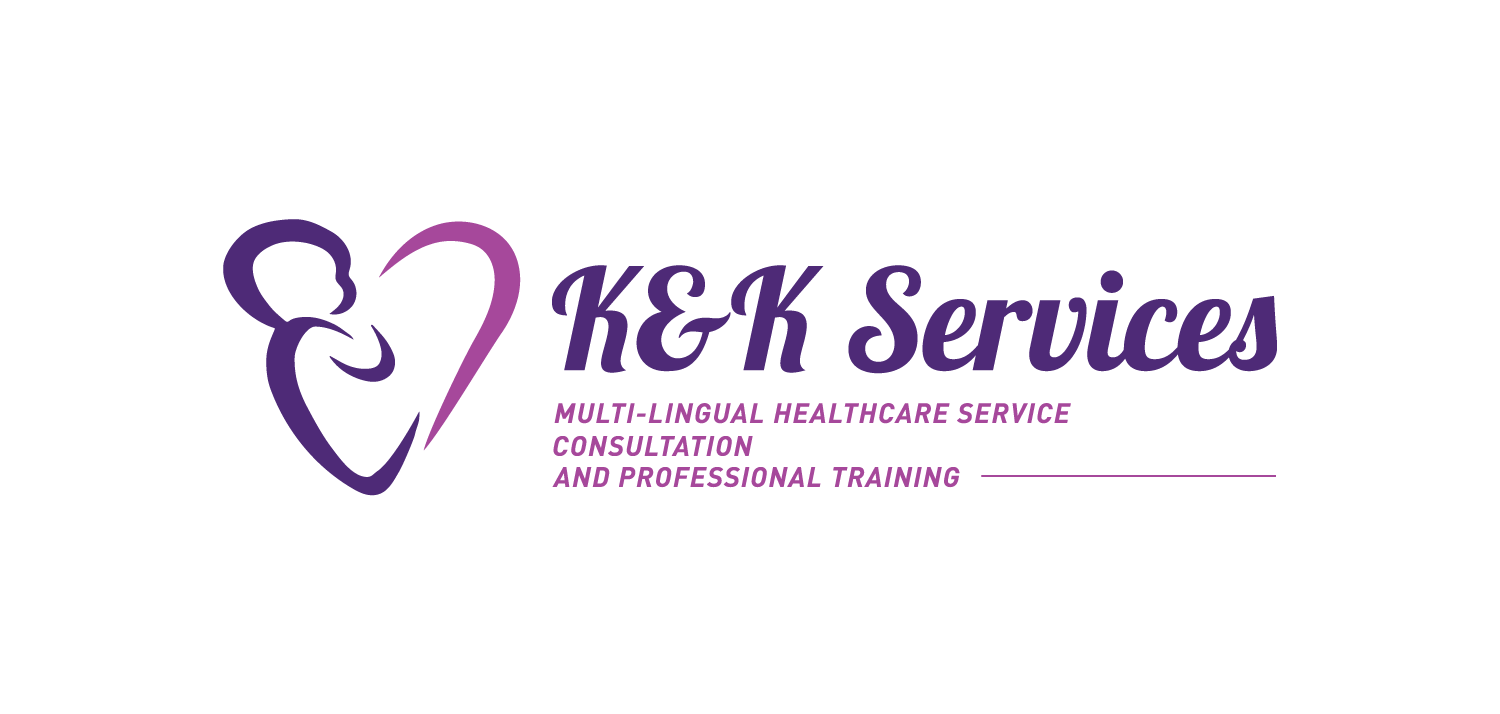
Pandemic Blues and Cabin Fever: Mental Health in a Post Pandemic World
- Dr. Kat Demps
- Jun 24, 2021
- 1 min read
Humanity as a whole is grappling with understanding the complex thing that is our brain and trying our best to navigate it. COVID-19 has been a challenge for the world in so many ways and the possibility of a pre pandemic existence remains elusive. Although there are murmurs on the status of global mental health post COVID-19, we still do not know the toll lockdowns and economic downturns took on our collective psyche. The need for human connection is necessary for survival- to the point that longitudinal studies on health have shown that loneliness is one of the biggest factors of disease.
Unfortunately, the contagious nature of COVID-19 along with it being a new virus lead to worldwide lockdowns leaving individuals and families in periods of isolation. This was especially startling for toddlers and children who deeply need human connection for proper brain development.To add insult to injury, those living in crowded areas were left to deal with cabin fever inducing conditions. Ironically, as more people needed vitamin D for overall immunity, health experts and governments were implementing more restrictive measures. We can safely conclude that the preventative measures for COVID-19 were more beneficial for our physical health than our mental health.
Thankfully, there are tangible ways to correct the negative impacts of COVID-19. Increasing mindfulness and gratitude in everyday life is a great start to improving mental health. Having support systems as well as deep connections with others are other ways to positively impact mental health in this post pandemic world.
COVID-19 mentally fatigued?
Check-in with us at drlove@drkatdemps.com.
Be well!
Dr. Love
Your Health DEMPStrator
Partner, Dr. Monica Medina-Dobbs
Partner & Blog Author: Helen Derbew





Comments